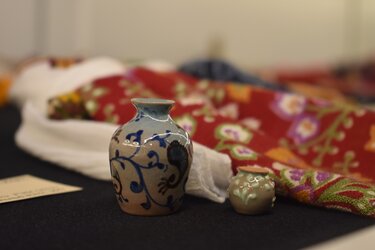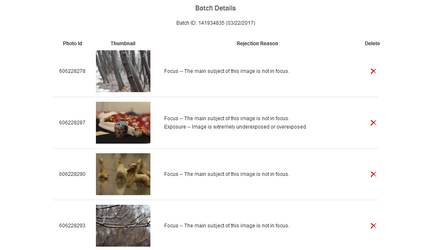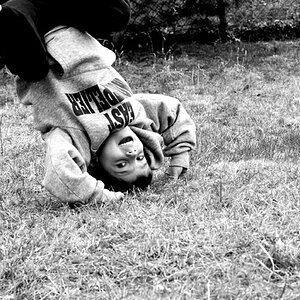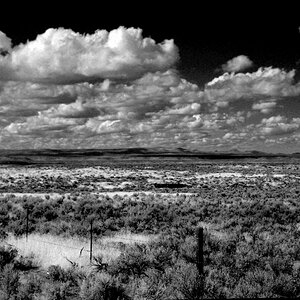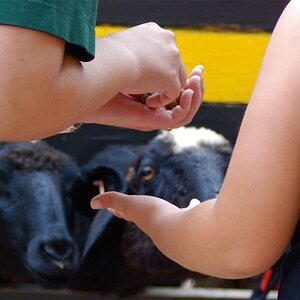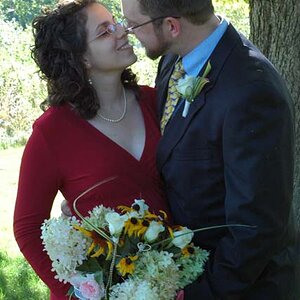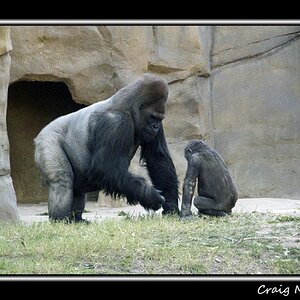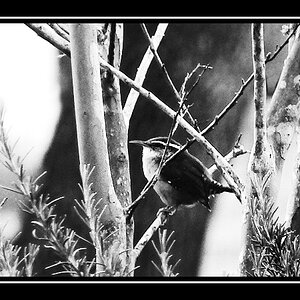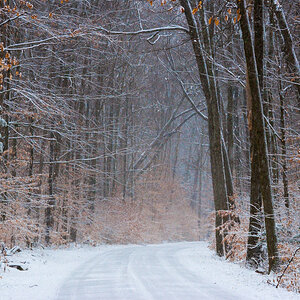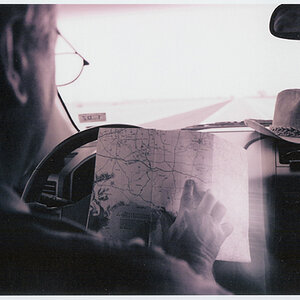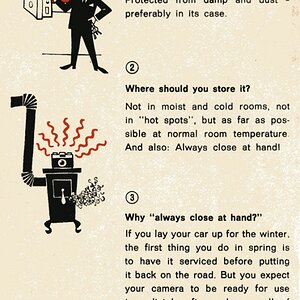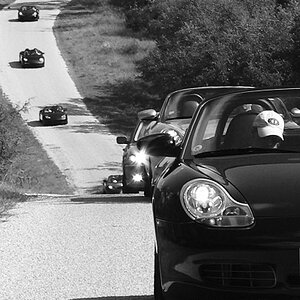Irina_Ser
TPF Noob!
- Joined
- Dec 29, 2016
- Messages
- 44
- Reaction score
- 11
- Can others edit my Photos
- Photos OK to edit
First photos... need an advice!
Hello, professionals! I've just got started my first new camera (Nikon D3400) and there is so much to learn about it. Anyway, I tried to post several pictures on shutterstock (just for a portfolio, not for trade) and it didn`t even pass moderation. I just wonder how can I improve the quolity of my pictures? Is that so bad? Can it be possible with my camera? Or maybe it`s better to find another platform for newbies?
Thanks a lot in advance!
Hello, professionals! I've just got started my first new camera (Nikon D3400) and there is so much to learn about it. Anyway, I tried to post several pictures on shutterstock (just for a portfolio, not for trade) and it didn`t even pass moderation. I just wonder how can I improve the quolity of my pictures? Is that so bad? Can it be possible with my camera? Or maybe it`s better to find another platform for newbies?
Thanks a lot in advance!




